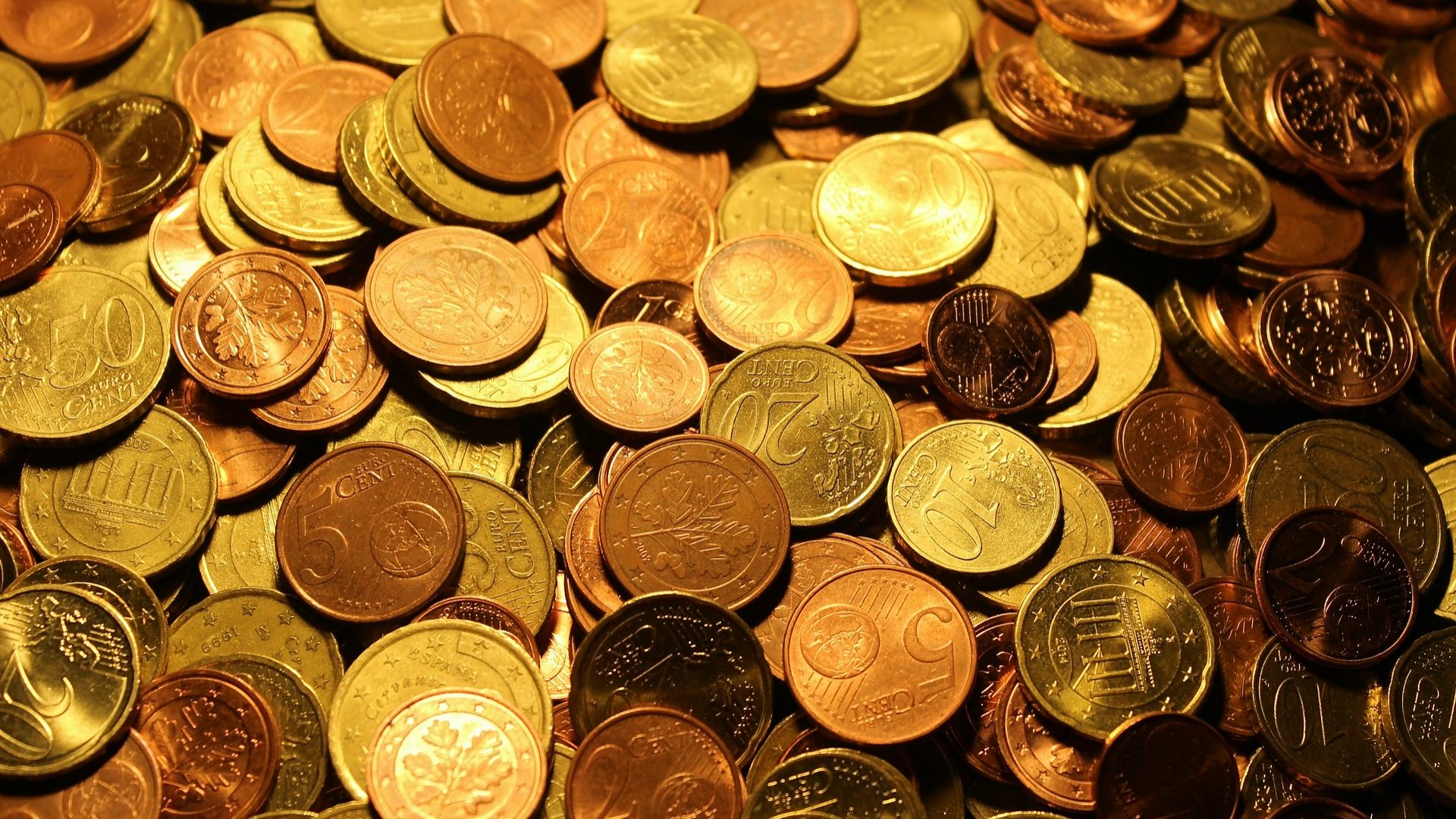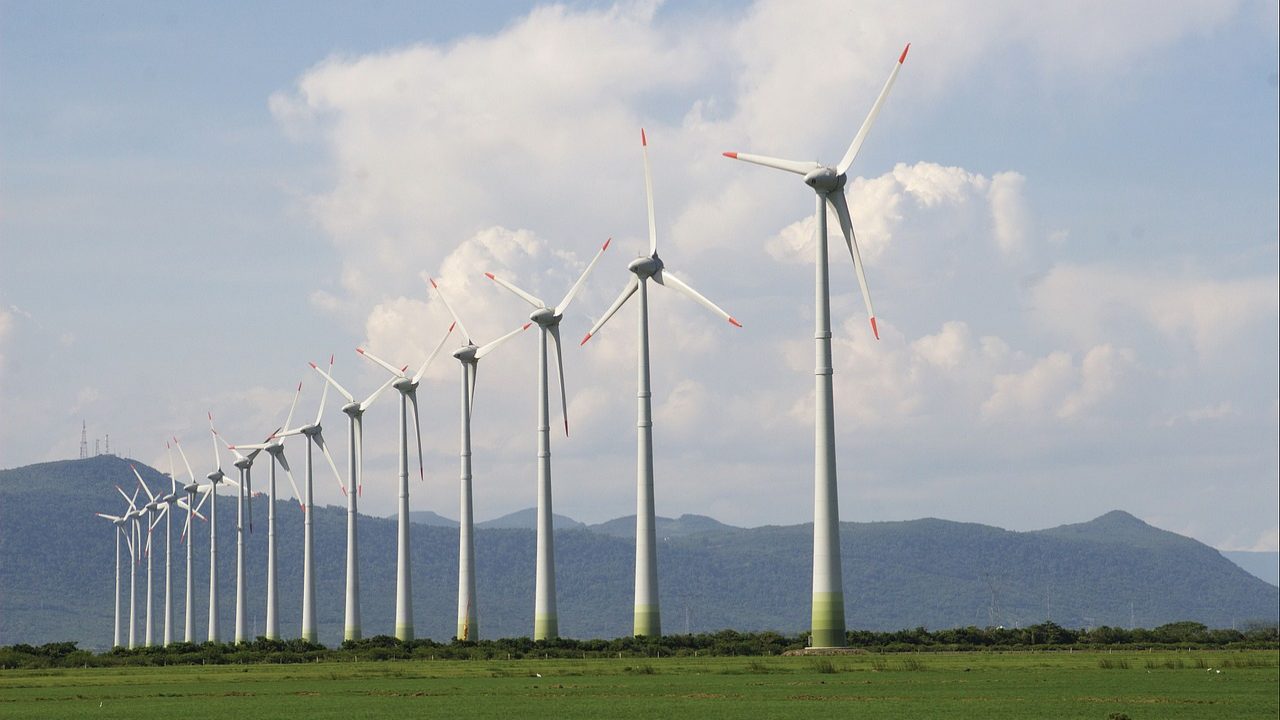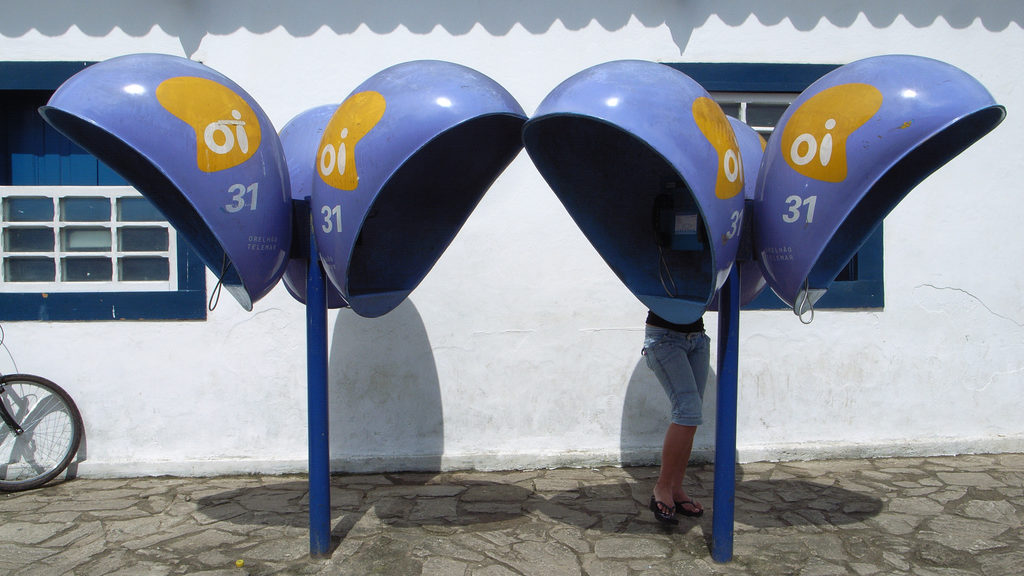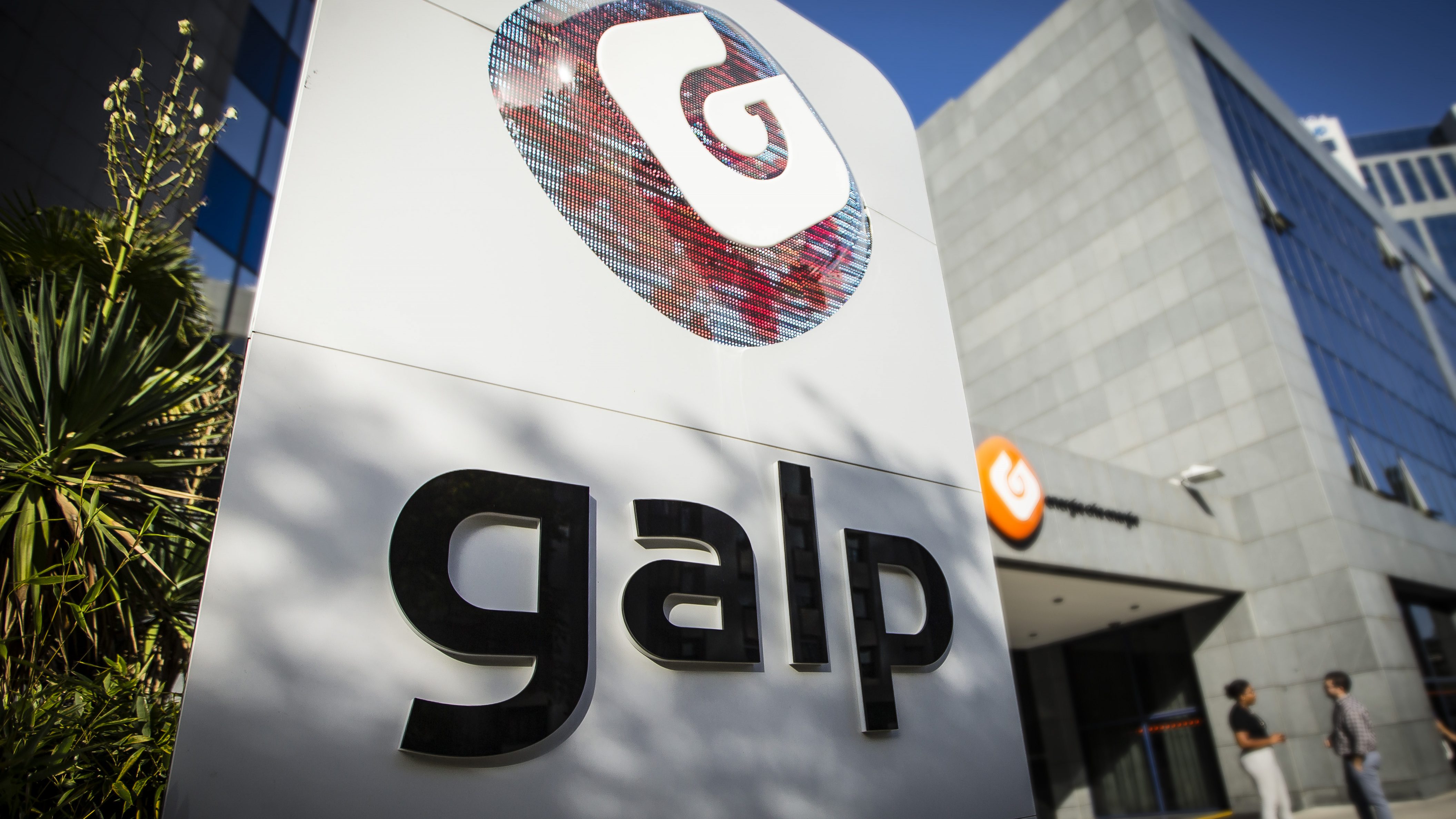Angolan privatisation plan includes telecom, oil, banking and insurance sectors
The Angolan government is planning to privatise at least 20 non-strategic-state-owned companies in the telecommunications, oil, mines, agriculture, banking and insurance sectors.
A privatisation plan prepared by the Angolan government involves sectors such as telecommunications, oil, banking and agriculture, the secretary of state for finance and treasury, Vera Daves has said.
The plan had been foreseen before the assistance agreement with the International Monetary Fund (IMF), Daves said on Monday in a lecture at the Royal Institute of International Affairs Chatham House in London.
“The state is not good at managing companies and we must leave it to those who have more talent to make the companies more profitable, create jobs and help the country grow more,” she said.
The state-owned companies to be privatised belong to the telecommunications, oil, mines, agriculture, banking and insurance sectors, she said.
The programme, which is being organised with the Capital Market Commission and the Institute of Management of Assets and State Participation (IGAPE), should be implemented in phases over three years, up to 2021.
According to a set of documents published in December on IMF’s website, regarding the financial assistance requested by Angola’s government, the Angolan National Development Plan provides for the liquidation of unviable state-owned companies up to 2019 and the privatisation of at least 20 non-strategic state-owned companies and the sale of equity investments until 2022.
The assistance document for the support between the IMF and Angola’s government said that the authorities of Luanda have undertaken the goal of minimising the direct state involvement in the economy.
In particular, the document stated the programme provided for the closure of companies owned by the state that were in bankruptcy and the privatisation of another 126 companies, including 52 holdings of oil company Sonangol in areas outside oil, and 10% of the Angolan airline TAAG.




